The Question I Want You to Start Asking If Your Kid Has a Disability
Earlier this month I had the opportunity to attend the Global Genes RARE Patient Advocacy Summit. It was a little surreal, since I am used to introducing PACS1 as a “rare” syndrome and at this Summit, we all were rare. We all had similar journeys and stories – from repeated misdiagnoses to being undiagnosed for years. The breakout sessions were beyond informative and I will add all that I learned to my “Bridget toolbox.”
Yet it was the keynote speaker, Rachel Callander, whose words have stayed with me. “What’s your child’s superpower?”
It reminded me of a blog post I had written in 2013. This time of year, more than any, I need that reminder.
We are entering IEP season. I seriously hate IEP season. For the lucky ones out there, the IEP (individualized education plan) is when you enter the meeting room and there is a big conference table with a box of tissues on it. This is not your average parent-teacher conference. It is when you receive a 10 to 15-page report on your child by any specialist who sees them. It is when you are reminded, in black and white, that your child is not like the rest of the children in their class.
It is the annual ripping off of the Band-Aid. Yes, your child is included. Yes, they are making milestones in their own time. Yes, they are showing improvement.
But they are not “normal.” “Normal” parents do not have to schedule a one to two-hour meeting every year to devise their child’s educational plan. “Normal” parents do not receive notice of testing, results of testing and the ongoing fight to make sure their child is receiving the services they need. “Normal” parents get to trust the cookie-cutter public or private school system. The IEP process is full of intimidating, second-guessing moments. It is seeing all of your child’s “flaws” and acknowledging them.
This is why we, as parents, have to start from a place of our child’s qualities and not their difficulties. Start from the positive, even at the vision statement. For example, instead of saying: “I would like Bridget to be a member of the community, and have with interactions with typical peers.” I need to say, “Bridget is beneficial to her community because she teaches kindness and empathy. Therefore, Bridget needs multiple opportunities to interact with her peers.”
I need to say:
- Bridget loves to communicate, therefore the team needs to continue to work on articulation so that there are less barriers for her. Instead of: Bridget needs to work on articulation.
- Bridget is incredible at memorizing her mother’s phone number. We need to continue to provide opportunities for her to express this skill and maintain that memory.
- Bridget loves Candy Land and is great at turn-taking. We need to expose Bridget to more games and opportunities to learn play-skills.
- Bridget is an awesome dancer. During gym we need to show Bridget how to apply her dance moves to other activities.
The IEP doesn’t show who Bridget is as a person. Quite frankly, if I was a new teacher looking at her accommodations, I would think I was getting a child who was beyond my skill.
This is why — to use Rachel Callander’s words — I need to show them Bridget’s Superpowers.
They need to see Bridget for the child she is, not for what the report portrays.

Bridget the Lover of Devil Dogs.
The skill: Bridget can find a package of Devil Dogs in the grocery store in 3.2 minutes of arrival.
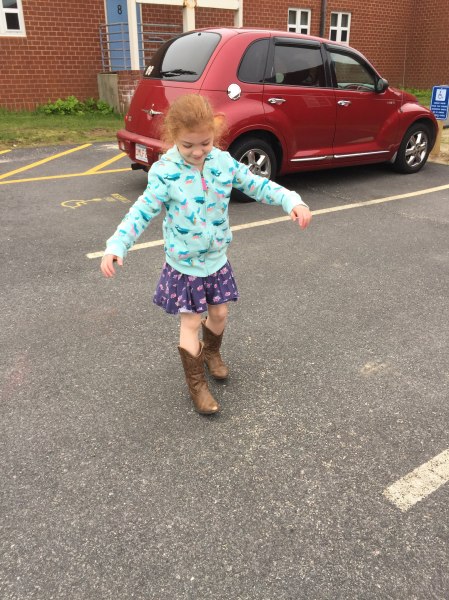
Bridget the Fashionista.
The skill: Bridget dressed herself independently from sweatshirt to boots.

Bridget, the rower.
The skill: Bridget went from learning to row to giving orders in one week.
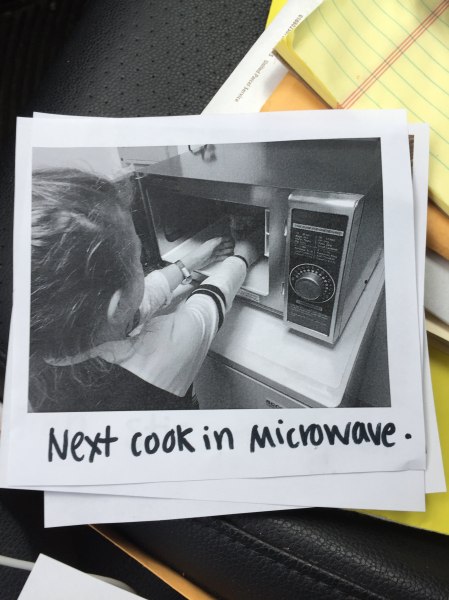
Bridget, the Baker.
The skill: Bridget can make a muffin in a cup, mac and cheese and a PB&J following visual clues.
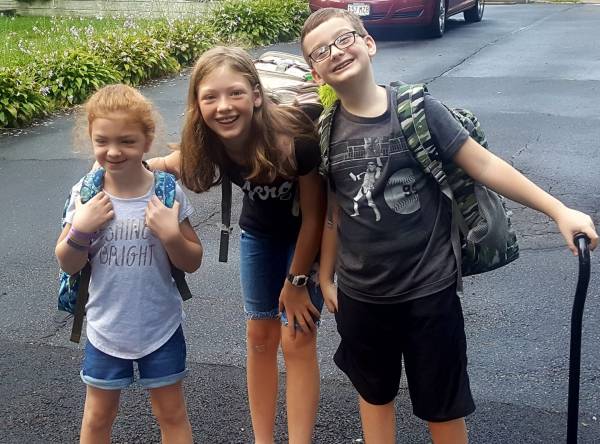
Bridget, the Friend.
The skill: Independently, Bridget takes the school bus with her peers.
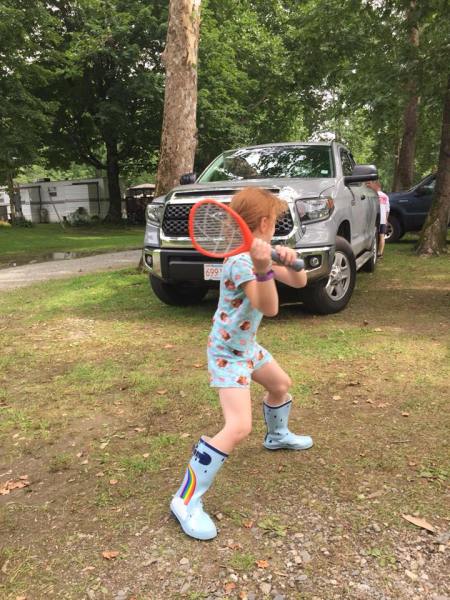
Bridget, the Bug Killer.
The skill: Bridget using her eye hand coordination skills to become a great bug zapper.
Bridget’s #1 Superpower: Her ability to bring us joy.
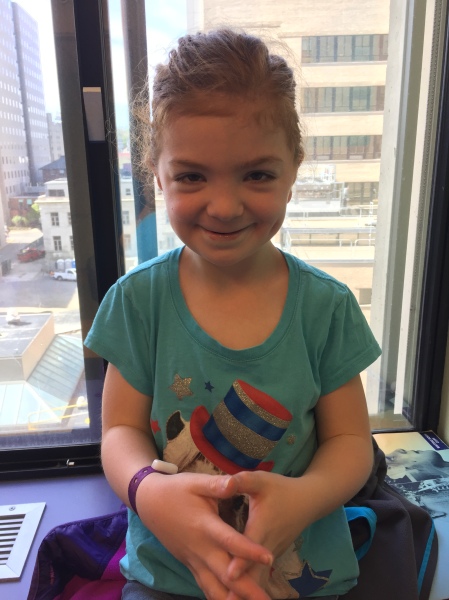
Bridget, the Giver of Joy and Wonder. What is she thinking behind that devious smile?
What’s your child’s superpower? Let us know in the comments below.

